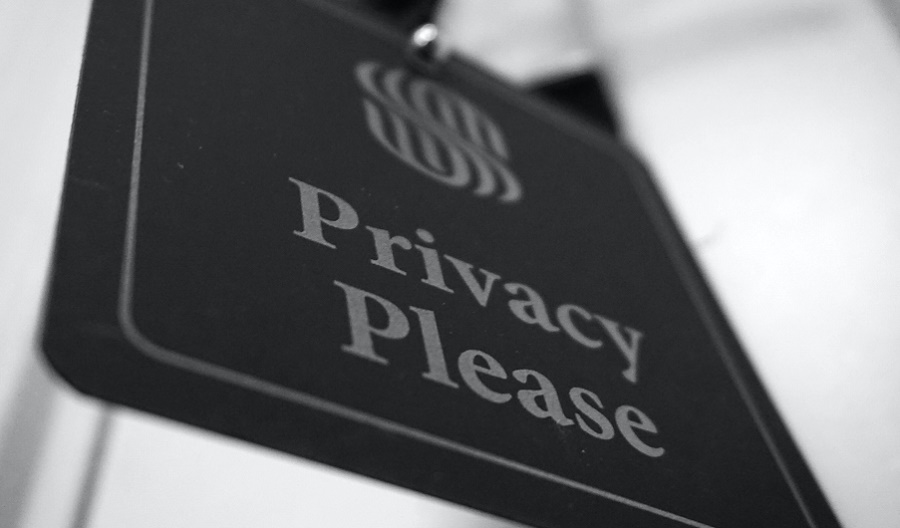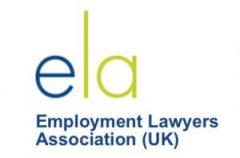There has been a lot of coverage recently regarding the high-profile legal case concerning the alleged phone hacking of celebrities, such as Prince Harry and Sir Elton John, in the 1990s and early 2000s. The owners of The Daily Mail, Associated Papers, asserted that the courts should not entertain these claims because they were outside the 6 year time limit in which you can bring a civil case for a breach of privacy.
This is not a problem only faced by the rich and famous. THP’s dispute resolution specialist Laura Colebrook has had quite a few enquiries over the years where people have been sitting on their legal problems, and have been extremely restricted/unable to take action when they finally sought legal help because they left it too late.
Tort law is the area of the law that covers most civil cases. The concept of tort law is to redress a wrong done to a person and provide relief from the wrongful acts of others, usually by awarding monetary damages as compensation.
So, what are the time limits for bringing civil cases?
The limitation period for a case will start to run at the time that the cause of action arises, ie. from the earliest time that the legal proceedings could first have been brought when an action happened or there was evidence of wrongdoing.
There are different time periods for certain types of claims as set out in the Limitation Act 1980, for example here are the time periods for claims relating to the following:
- Defamation and malicious falsehood: 1 year
- Contract: 6 years
- Personal injury: 3 years
- Debt arising under statute: 6 years
- Negligence: 6 years
- Breach of trust: 6 years
- Recovery of land: 12 years
These limitation periods are subject to some exceptions. For instance, in personal injury cases involving a child, the limitation period does not start to run until the child reaches the age of 18. Crucially for this case, limitation periods can be extended if concealment of wrong-doing is proved.
Celebrity Civil Claims
Privacy claims must be brought within six years which in this case means before October 2016. This is to prevent evidence being tainted by fading memories, mental incapacity and/or the death of potential witnesses.
Under the law, the claimants need to satisfy the judge that they did not know and could not have known the facts earlier. The celebrities involved are claiming that they were not aware of the privacy invasion until recently e.g. Liz Hurley had not known her phone had been tapped until a private investigator allegedly made a statement detailing what had happened in 2021, so the ‘evidence of wrong doing’ falls with the 6 year period.
Responding to this, Associated Papers has said the a) the articles in questions were published 20+ years ago and so are beyond the 6 year time limit and b) if the claimants are claiming details in particular articles published about them in The Daily Mail could only have been obtained by phone hacking they would have had enough time to take legal action in a timelier fashion.
Justice Matthew Nicklin said there was a difference between applying time limits to discovery of the alleged unlawful information gathering and the articles that resulted from some of those acts.
At the end of the four-day High Court hearing, the Judge reserved judgment, meaning it will probably be a few weeks before he delivers his decision about the Associated Papers application to have the claims either thrown out or reduced in scope.
HOW WE CAN HELP
Irrespective of the judgment, this case highlights the importance of ensuring any claims are commenced before the end of the limitation period. We would encourage you to seek legal advice early on if you feel you have a civil claim, so we can assess your case and confirm any time limits you need to be aware of. Please contact Laura Colebrook on e: l.colebrook@thpsolicitors.co.uk or t: 0118 338 3270.









